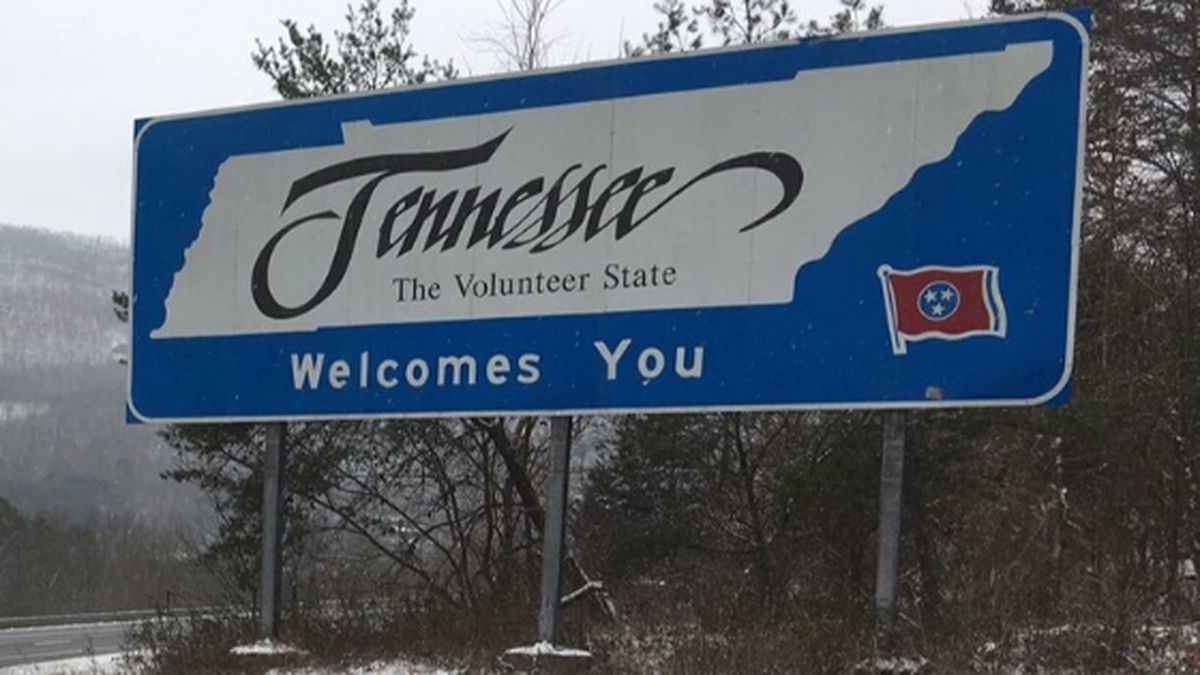Tech entrepreneur Tim de Rosen is concerned about the warming temperature of the Earth and notes that efforts to slow the rise have faltered, with temperatures likely to breach the 1.5-degree Celsius increase limit set by the Paris Agreement, an international climate change treaty.
In a bid to help rein in global warming, the London-based de Rosen founded ClimaFi in 2022. ClimaFi has developed technology platforms that allow hemp farmers, among others, to take advantage of the global carbon credit market. Carbon credits allow farmers – and entities ranging from companies to countries – to emit a certain amount of carbon and can be traded if the full allowance is not used.
ClimaFi started with a project in the peatlands of the UK that sought to monitor, and ultimately reduce, carbon emissions that occur when the lands dry out over time. With a system of satellites, ClimaFi measures emissions and issues carbon credits.
The company’s new Hemp Carbon Standard platform launched recently. It measures carbon sequestration and issues carbon credits to farmers, de Rosen says.
De Rosen says he became interested in hemp’s ability to sequester CO2 when he began researching agricultural sources of sequestration to look for ClimaFi’s next project. “We looked at winter rye, corn and other cover crops before finding hemp,” he says. He recounts that when he came across industrial hemp, he realized the potential for much higher sequestration rates than those found with traditional agricultural crops. “We have found sequestration rates of up to five tons per acre, as opposed to one,” he says.
The Hemp Carbon Standard qualifies farmers to participate by evaluating a range of criteria based on regenerative measures in place. The farmers are then compensated with carbon credits based on an assessment of their crops’ sequestration rates using a process called monitoring, reporting and verification (MRV).
ClimaFi uses two sets of precise numbers in the MRV process. The first set is generated by satellite technology Sentinel, a mission run by the European Space Agency that conducts high-resolution scans of land and coastal waters to collect information for agricultural monitoring and other ecological uses.
The second source of data is a series of meteorological stations called FLUX towers, which in the Northern Hemisphere are run by an organization called FLUXNET. De Rosen explains that the towers deploy sensors to survey the landscape and the net CO2 emissions of an area. ClimaFi then combines the Sentinel satellite and FLUX tower data in a proprietary software algorithm that calculates the carbon sequestration taken up in the hemp biomass and the credits due.
“This is a scientific process, not modeling or estimation,” de Rosen says, noting that this sets ClimaFi’s Hemp Carbon Standard apart from other credit issuers.
A third-party auditor, Control Union, verifies the results of the calculation and, within 30 days, the farmer receives a carbon certificate, which can be held as an investment or sold through ClimaFi or on the open market.
Credits are registered on a blockchain called Concordium, which ensures validation and transparency. “We are using blockchain technology because it means that a whole network of computers is verifying the information and nobody can meddle with it,” de Rosen says. He notes that many carbon credit issuers in the voluntary market have poor validation and can contribute to greenwashing — the practice of claiming sustainable business practices while actually just buying credits to offset polluting.
Carbon markets in the United States have two distinct regulated categories. Cap and Trade are state-by-state programs overseen by state governments. In Washington state, de Rosen says, the Department of Ecology has identified major emitters such as legacy mining and manufacturing companies that must bid for carbon credits organized by the state. “The idea is to help serial polluters ease their way to decarbonization,” as opposed to fining companies directly for their misdeeds, de Rosen explains.
The voluntary carbon market, on the other hand, is plagued with bad actors that can sometimes double-sell credits or create poorly measured credits. Businesses have what are called “unavoidable emissions,” de Rosen explains, which arise when a company is, for example, still using a fleet of gas-powered trucks or has trouble controlling polluting waste. By purchasing credits, such companies can offset their impact. However, de Rosen says there is a lack of accountability in the voluntary market that can lead to greenwashing.
ClimaFi uses the blockchain to provide total transparency and accountability, de Rosen says: “You can see immediately that the credit has been recorded and is gone” — no double or shady sales. The blockchain makes the credits traceable, verifiable and immutable, which eliminates the threat of greenwashing, he continues. And anyone can see the farm origin, what was sequestered and how it was certified. “This is what gives buyers confidence,” he says.
Once credits are earned, farmers can sell them — verifiable to anyone on ClimaFi’s blockchain — and receive 85% of the earnings, typically $25 to $30 per acre. ClimaFi retains the remaining 15% as their fee. “There is no cost to the farmer, and they can benefit quite considerably,” de Rosen says, joking that this has led to initial skepticism from potential participants who view the program as possibly too good to be true.
De Rosen says the Hemp Carbon Standard has enrolled about 50 farmers, mostly in the U.S., who have between 25 and 250 acres of hemp planted. He has spoken with hemp association leaders all over the world and says interest in ClimaFi’s system is growing.
Educating farmers and seeing the program expand gives de Rosen hope that the Hemp Carbon Standard can help slow the Earth’s temperature increase. He observes: “The great thing about hemp is that it has the capacity to sequester many times the amount of CO2 than trees.”
The post Hemp Sequestration Blockchain Helps Farmers Enter Carbon Markets first appeared on Let’s Talk Hemp.



